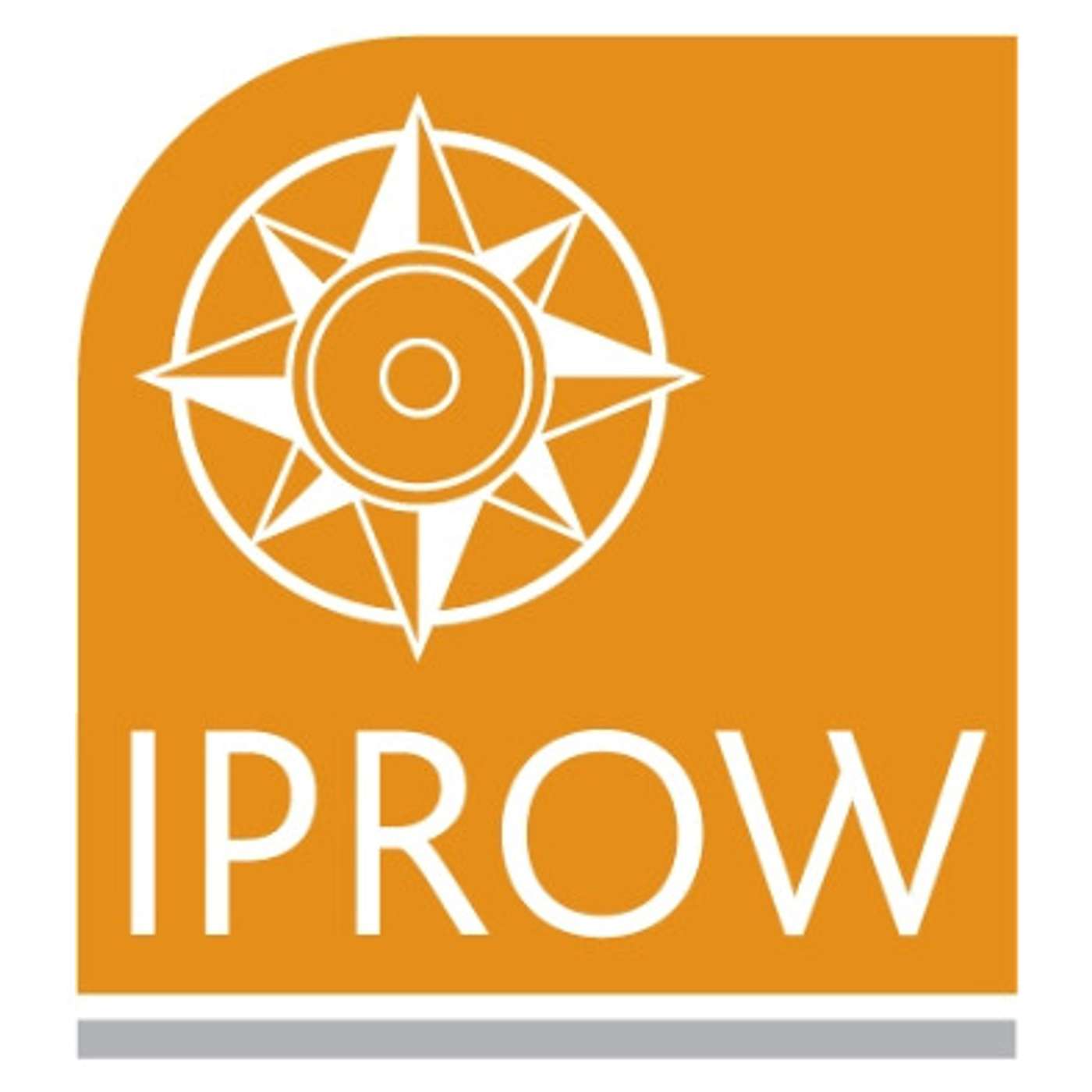Listen "4: In All Our Footsteps"
Episode Synopsis
The field of public rights of way and access is much broader than is generally assumed and the podcast will meet people in a wide variety of interesting roles. In this episode, member Dr Tom Breen, a landscape historian, joins us to talk about In All Our Footsteps, which explores how rights of way were recorded following Parliament’s requirement to do so in 1949, and the importance of rights of way in relation to access to nature and activities integral to human health and wellbeing, both in the past and the present. It is a cross-disciplinary project taking a historical, health, and policy perspective to the mapping, use and development of rights of way in the twentieth and twenty-first centuries. on In All Our Footsteps. Dr Breen provides training for IPROW on use of historical landscape records arising from inclosure, tithe commutation and the Finance Act 1910 for research into the existence of public rights of way.The views of speakers and the presenter are not necessarily those of IPROW. Nothing in any IPROW podcast should be taken as legal advice or used beyond the context of the podcast. The podcast is aimed at IPROW's members, a knowledgeable audience, though not expressly limited to them.Find out more about membership of IPROWIPROW is the Institute of Public Rights of Way and Access Management, which was established in 1986 as the membership organisation representing professionals involved in the management of public rights of way and access in England, Wales, Scotland and Northern Ireland, principally as local government officers (and then called the Institute of Public Rights of Way Officers).It has grown into an active and dynamic network providing advice, training, advocacy and networking to its members.Mission StatementTo represent and promote the views and interests of members, raise professional standards, encourage the exchange of ideas and information in public rights of way and access management, and foster communication and co-operation between related bodies.
More episodes of the podcast IPROW's Beyond (the) Waymark
9: Planning in practice
13/08/2025
7: An inspirational career path
07/04/2025
3: Plastic wood' for ROW structures
27/09/2024
2: Benefits of membership
22/08/2024
1: Membership and why people join
11/06/2024
 ZARZA We are Zarza, the prestigious firm behind major projects in information technology.
ZARZA We are Zarza, the prestigious firm behind major projects in information technology.
